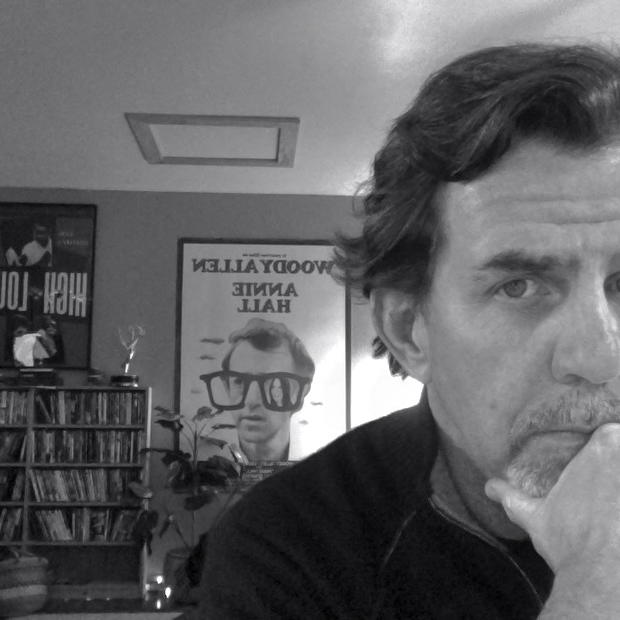The formidable photographer Mary Ellen Mark, who died last week at age 75, will forever be linked to the streets of Seattle. Her series of photos for Life magazine in 1983 depicted street kids hustling out an existence in the downtown corridors. In a preface to her book, Streetwise (which then was adapted into a striking, powerful documentary by her husband, Martin Bell), Mark wrote: “One of the reasons we chose Seattle was because it is known as America's most livable city… If street kids exist in a city like Seattle then they can be found everywhere in America, and we are therefore facing a major social problem of runaways in this country."
Mark was not only a compassionate, engaged artist with her camera, she was also extremely approachable as an educator (she was still teaching workshops and conducting seminars right up to her death), and willing to talk about her work in interviews and profiles.
In Mary Ellen Mark: There is nothing more extraordinary than reality, she talks intimately about some of the images from Streetwise.
In the documentary short, Everybody Street, we get a glimpse of her working in her later years.
Her style was simple: She shot handheld, she stayed close to her subjects and she began taking pictures of people as soon as she met them. “I start shooting right away, always,” she explained. "If you don’t, you’re misrepresenting your role in the situation.”
She was also aware of the iconic staying power of her pictures, as she tells us in the short, Profoto Presents Iconic Mary Ellen Mark.
Her framing was more stark and less busy than that of her street-shooting colleague, Lee Friedlander; her portraits were not as composed or managed as those of Sally Mann’s; and, unlike Diane Arbus, she looked past the freak show temptations of some of her subjects to illuminate their fragile humanity. She was especially drawn to children in difficult circumstances, revealing their universal connections to children everywhere. Their hopes, dreams and playfulness.
As she writes in her book, Mary Ellen Mark on the Portrait and the Moment, which is due out from Aperture this month: “I realized all of the possibilities that could exist for me with my camera; all of the images that I could capture, all of the lives I could enter, all of the people I could meet and how much I could learn from them.”


